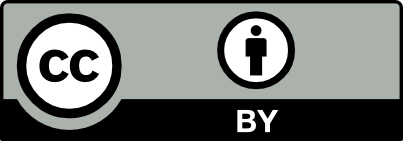An environmental scan of LBS programs indicated that a number of different tools and processes were being used to track data across all three sectors, and while the tools worked, duplication and inefficient data sharing was a concern.
Sioux-Hudson, a community-based literacy program, procured and implemented a student information system called Orbund and found that the system meets their needs for case management and that they could successfully customize it to align with ministry data requirements and their own internal needs.
The cost of Orbund is prohibitive for an individual program but is more manageable if individual programs can share an enterprise license. AlphaPlus provided a three-year license to pilot programs who are willing and able to help identify gaps/issues and work with AlphaPlus and Orbund to work through these issues before rolling it out to other programs.
After seeing Orbund in action, staff in the pilot programs felt it will help streamline and advance case management administration. Read the report to learn how Orbund worked for these organizations and the next steps for the implementation of Orbund.
Our guest presenter – Charlotte Parliament, Literacy and Essential Skills Program Coordinator at Simcoe County District School Board – shared how she uses Google Apps, such as Google Sites, Forms, Sheets and Docs, to set up and manage intake, as well as digital skills and learning styles assessments online.
Guest presenter Charlotte Parliament, Literacy and Essential Skills Program Coordinator at Simcoe County District School Board, and AlphaPlus Technology Consultant Monika Jankowska-Pacyna talked about how they built, shared and collect learner satisfaction survey data using Google Forms.
During this webinar, these topics were dicussed:
- How to set up surveys using Google Forms.
- Sample surveys created by Simcoe County District School Board.
- Extracting instructor and learner feedback data.
- Tips for creating meaningful, easy-to-use forms.
The Cloud Computing: What is cloud computing and why is it important for Adult Literacy?” report is the first of its kind and details how cloud computing can contribute to literacy in Canada. The opportunities cited in the report include:
- Powerful computing infrastructure and the ability to buy computing software, as needed, over the Internet.
- For educators and learners, cloud computing can help centralize and connect e-learning materials and literacy communities interspersed throughout the internet, and lead to the creation of a centralized online platform, enabling adult educators and learners to share and collaborate on resources, tools, forums and more.
- Literacy funders and organizations will be better able to design and operate e-learning software based on users’ online habits and performance.
In addition, the report suggests that, as we enter the “smart” age, where free Internet is becoming available in many public places, literacy organizations and researchers can collaborate on cloud computing services, creating synergy and great potential for service.
